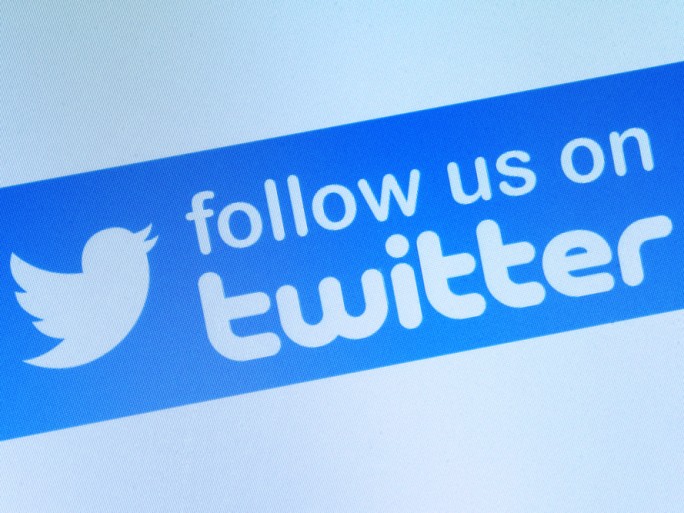Twitter Bans All Political Advertising Worldwide

Twitter CEO Jack Dorsey says that from next month, his platform will ban all political advertising
Twitter’s chief executive officer (CEO) Jack Dorsey has said the micro-blogging platform will ban all political advertising worldwide, from next month.
Dorsey’s move puts Twitter in direct contrast to Mark Zuckerberg, after he said that Facebook would not ban political adverts, but would rather clamp down on false information about voting requirements.
Earlier this month Twitter had clarified the rules for banning of world leaders using the micro-blogging platform to push their views, after calls for the suspension of President Donald Trump’s account.
![]()
Advert ban
Jack Dorsey revealed the move in a series of tweets about the matter.
“We’ve made the decision to stop all political advertising on Twitter globally,” he tweeted. “We believe political message reach should be earned, not bought.”
“A political message earns reach when people decide to follow an account or retweet,” he added. “Paying for reach removes that decision, forcing highly optimised and targeted political messages on people. We believe this decision should not be compromised by money.”
“While internet advertising is incredibly powerful and very effective for commercial advertisers, that power brings significant risks to politics, where it can be used to influence votes to affect the lives of millions,” Dorsey said.
“Internet political ads present entirely new challenges to civic discourse: machine learning-based optimisation of messaging and micro-targeting, unchecked misleading information, and deep fakes. All at increasing velocity, sophistication, and overwhelming scale,” he added.
He then went to say that full details of the ban will be provided by 15 November, and the ban will start to be enforced from 22 November.
New of the ban has triggered a mixed response in the US. Brad Parscale, manager of President Donald Trump’s re-election campaign, was quoted as saying by the BBC, that the ban was “yet another attempt by the left to silence Trump and conservatives”.
The BBC also cited Bill Russo, spokesman for the campaign to elect Democratic front-runner Joe Biden, who reportedly said: “When faced with a choice between ad dollars and the integrity of our democracy, it is encouraging that, for once, revenue did not win out.”
Facebook stance
Of course, the elephant in the room at the moment is Facebook and Mark Zuckerberg, who have opted to take a different approach than Twitter.
Facebook recently ruled out a ban on political ads – a stance which Zuckerberg has backed up in a recent conference call with journalists.
“In a democracy, I don’t think it’s right for private companies to censor politicians or the news,” he is quoted as saying.
How well do you know Twitter? Try our quiz!